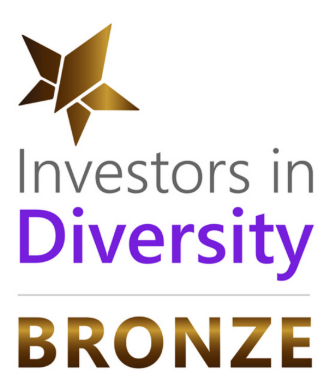Recognition of Prior Learning for Providers
The recognition or validation of prior learning, (RPL nationally) is a process by which prior learning is formally identified, assessed and acknowledged.
Recognition of Prior Learning is an important enabler of making lifelong learning more accessible. RPL has been integrated into the National Strategy for Higher Education to 2030 , the FET Strategy, and the National Skills Strategy, while the Programme for Government, Our Shared Future commits to ‘develop and implement a standardised system of accreditation of prior learning taking account of previous education, skills, work experience and engagement in society'.
QQI is responsible for establishing policies and criteria for access, transfer and progression (ATP) for providers. Within this context, the current RPL policy framework is set out in the Principles and Operational Guidelines originally published by the NQAI and in the Access, transfer and progression policy restatement.
Our core statutory quality assurance guidelines require that provider policies and procedures for learner admission, progression and recognition enable the fair recognition
- of education and training qualifications and periods of study, and
- of prior learning, including non-formal and informal learning.
The learning environment should respond to the diversity of learners and their needs, and enable flexible learning pathways.
In addition, policies and criteria for the validation of programmes of education and training include explicit reference to RPL for the purposes of access, advanced entry and exemptions.
Under the 2012 Act, provider procedures must include policies on:
- credit accumulation,
- credit transfer and identification, and
- the formal assessment of the knowledge, skill and competence previously acquired by learners.
A university or institute of technology can, in line with their own ATP procedures, make awards based on the assessment of previously acquired learning.
Providers who are not designated awarding bodies are welcome to ask QQI for an award for a learner who has met the required standards of that award, based on the assessment of previously acquired learning.
QQI is charged with scoping a national approach to RPL by the Department of Further and Higher Education, Science, Innovation and research. This will inform the development of refreshed policy, criteria and guidelines.
- Principles and Operational Guidelines for the Recognition of Prior Learning
- ATP Policy Restatement
- Core Statutory Quality Assurance Guidelines
European Inventory, Country Update, Ireland 2018
Ireland participates in the European Inventory on the validation of non-formal and informal learning, published by the European Centre for the Development of Vocational Training (CEDEFOP). The inventory describes progress nationally and internationally in the implementation of the 2012 recommendation on the validation of non-formal and informal learning.
A Country inventory update for 2023 will be published by CEDEFOP in early 2024.
The RPL Practitioner Network
The RPL Practitioner Network is a community of practice for people working and interested in RPL. The network is co-ordinated by a voluntary steering group comprising representatives of THEA, the Irish Universities Association, Education and Training Boards Ireland, The Agriculture and Food Development Authority, Aontas (the national adult learning organisation), and QQI, diverse ETBs and higher education institutions, the RPL in higher education national project, the Irish National Organisation for the Unemployed (INOU), Volunteer Ireland and is informed by guidance expertise. @rpl_network.ie
There are additional sub-networks within higher education, further education and training and the community sector.
Additional project related country reports include:
National strategic context is provided in:
Recognition of Prior Learning in Practice
This is an Erasmus+KA3 policy experimentation project in which QQI and the Cork Institute of Technology (CIT) participate at the request of the Department of Education and Skills. The Irish Universities Association and Mary Immaculate College are also participating, along with the Swedish Council for Higher Education (project lead), the European Association of Institutions in Higher Education and authorities and institutions from Austria, Croatia and Iceland.
The project addresses the finding of the Bologna Implementation Report (2018), which indicates that alternative routes to higher education are rarely used and that only five higher education systems have nationally established and regularly monitored procedures, guidelines or policy for the assessment and recognition of prior learning. The project focus is on practice, and the development of practical guidelines.
VISKA, Making Skills Visible
This Erasmus+KA3 policy experimentation project ran from 2017-2020 and offered RPL to people with low levels of qualifications but with transversal skills, to see whether skills mismatch and distance to opportunities in employment, education or training could be reduced.
QQI participated with partners from Norway, Iceland, Belgium and CIT as the research partner. International and national project results are now published, including learning and recommendations to support progress. For more information, click here.


